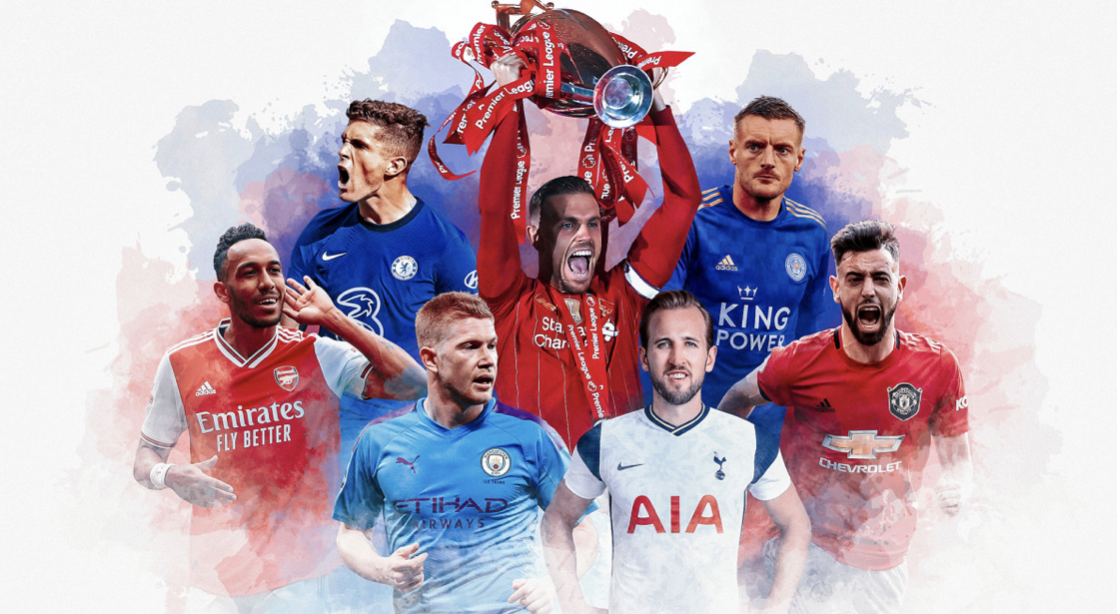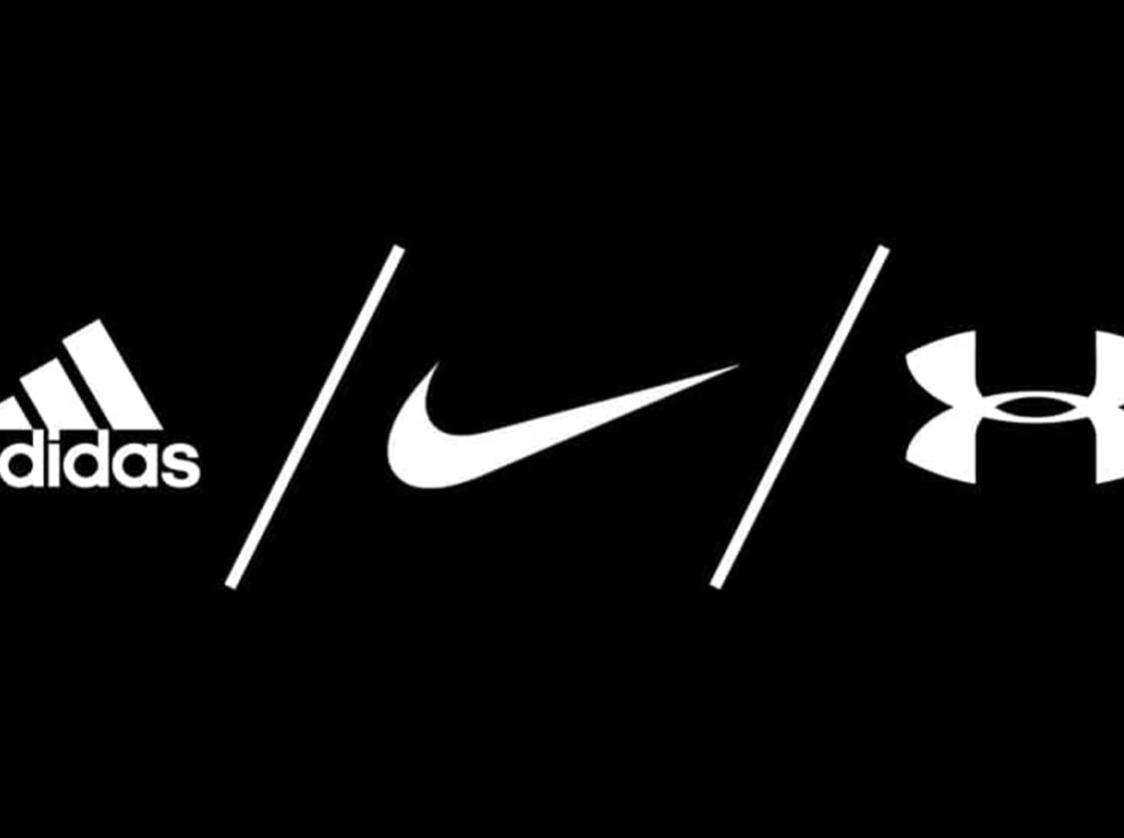Premier League Sponsors: A Breakdown of Kits

The Premier League is one of the biggest, and most marketable football leagues in the world. In fact, it extends way beyond football and into sport. There’s perhaps only the NFL which makes more money in sponsorship, and when it comes to Premier League sponsors, there are plenty.
From official toothpaste sponsors to casino sponsors, official insurance partners to preferred protein shake, teams these days have a brand attached to everything. But of course, it’s the kits that get the most airtime, with 90 minutes a few times a week and millions of fans across the globe having the brand plastered across their chest.
We decided to take a bit of a deep dive into what’s on Premier League kits these days, identifying the trends, and the more intriguing deals…
Kit Manufacturers

We’re starting with the kit manufacturers themselves. Sportswear brands pay big money to secure deals to manufacture shirts on top of the millions they pay players to wear their boots.
Among the top six teams, it’s Nike currently leading the way, with them producing the kits for Liverpool, Chelsea and Tottenham Hotspur. Adidas are in charge of making Manchester United and Arsenal look good, while Puma have control of Manchester City’s attire.
Interestingly, outside of that top six, Nike only has a deal with one other club, that being Brighton, while Adidas supply kits to Leeds and Leicester.
It’s Umbro that largely dominate outside of the top six teams, with three compared to Adidas’ two, making the German the brand the most common in the Premier League. Interestingly, a number of smaller brands are also emerging in the Premier League, including Kelme at Watford, Danish manufacturer Hummel and Manchester-based Castore, who have made major moves into sportswear in the last few years, sponsoring the likes of Andy Murray, F1 team McLaren and the West Indies cricket team.
Sponsors: The Big Six
When it comes to main shirt sponsors, the big six are represented by big brands. Manchester City have been involved with Etihad Airways since the arrival of their Abu Dhabi owners, with the club owners also involved with the brand, while Arsenal are also represented by an airline in Emirates, a former Chelsea sponsor.
Like many clubs in years gone by, when the likes of O2 and Vodafone were involved with big teams, Chelsea also have a telecommunications sponsor with 3, while Liverpool and Tottenham fall into the financial sector and Manchester United are right on trend with TeamViewer, a software service similar to the likes of Zoom and Microsoft Teams.
Sponsors: The Rest
Outside of the top six, 10 of the remaining 14 teams are sponsored by gambling brands. It’s the big trend following on from the likes of telecommunications, alcohol and electronics companies in the Premier League, and it’s no real surprise given the size of the market as it stands.
Gambling brands Dazn Bet are growing at a rapid rate and with technology continuing to evolve that’s only going to continue as games such as online roulette and online blackjack become more realistic, meaning that these types of brands could be settling down with Premier League teams for some years to come.
Brentford, Leeds, Burnley, Crystal Palace, Leicester, Newcastle, Southampton, Watford, Wolves and West Ham all have gambling sponsors currently, with West Ham signing the most lucrative deal outside of the top six.
Cazoo, an online car retailer sponsor both Aston Villa and Everton, while Norwich are sponsored by Lotus, also in that sector, with the brand local to the Norfolk area.
Then there’s of course the sleeve sponsors, again largely made up by either gambling films, sportswear companies, manufacturing and even Arsenal’s Visit Rwanda, which often feels like an odd partnership.





